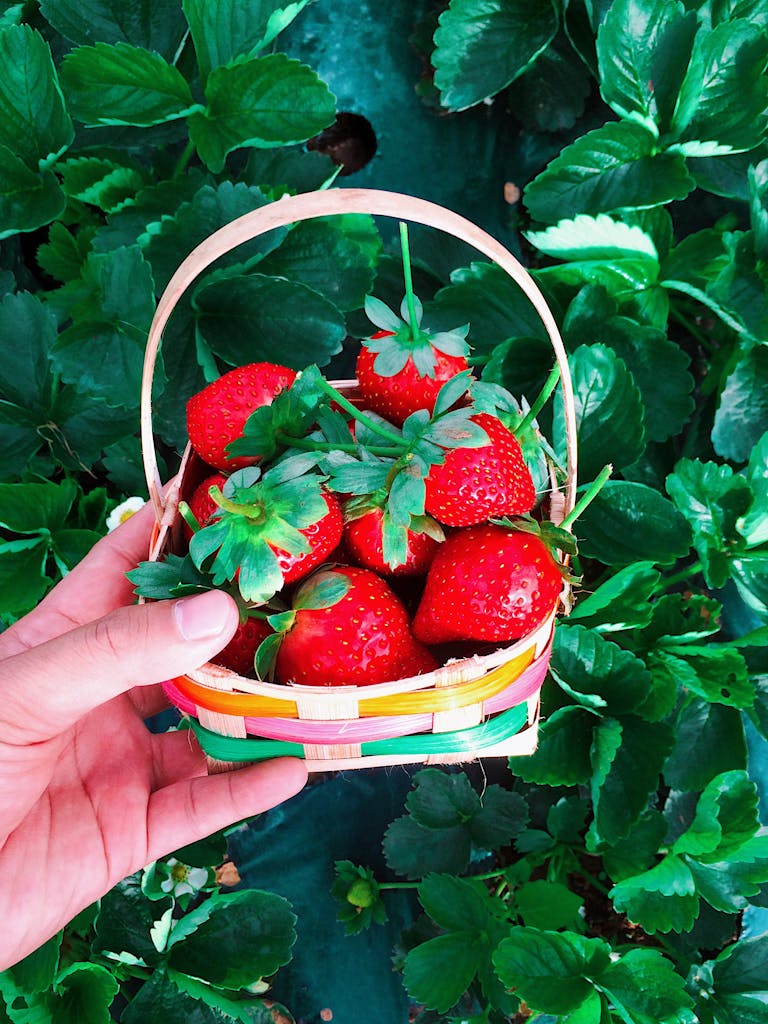Wine Against the Machine – A Natural Wines Introduction
Natural wine is a new-age wave of wine-making that promotes sustainability in the food industry. NW makers emphasize flexibility and creativity by using mother nature’s fruits to build a flavor profile whilst minimizing intervention, additives, and heavy machinery through fermentation and aging.
To build the intended profile for the wine, makers use different and special methods such as aging in concrete barrels-an expanding technique or mixing different grapes at different stages, from different processes.
In the normal long-lived way of winemaking, makers add sulfites 1 and other additives to the wine to “fix” it and build the character they want and lengthen its shelf life. They might also add chemical fertilizers to keep up with the demand. Although mainly in the old world 2, there are rules and restrictions for winemaking to keep the land healthy and maintain fair competition between wine houses, the need for more sustainable production can not be ignored.
1Sulfite, also known as sulfur dioxide, are naturally occurring and an added preservative found in wine and many other foods and beverages.
2The old world refers to countries with an old wine-making history, mainly France, Spain, Italy, and Austria. Places where wine was considered a resource, and because of that there are age-old rules for winemaking in every region. The new world would be the USA for example.
Did You Know?
At older ages, to carry wine on ships for long journeys, winemakers developed a different technique to lengthen the shelf life of the wine-instead of sulfites, they added higher alcoholic beverages, such as brandy, to kill the remaining yeast and stop the fermentation. From this, we have Sherry wines from Spain and Ports from Portugal. And Port is an English name by the way. The British Empire was the best client Portugal has ever had for its aged wine industry.

Who’s Watchin’ ?
Nowadays, there is still not much supervising on NW makers. A private group called Syndicat de Défense des Vins Naturels aims to be recognized as an official body to promote sanctions for using terms such as “natural” and for defying “natural method wine”. A term that was accepted by the French anti-fraud agency, to label natural wines.
The subject is under inspection by french authorities and this year we are expected to see if indeed the Syndicat de Défense des Vins Naturels will be official and get further decisions.
Give Me That Funk

With natural wines, as we said, makers avoid additives. Therefore, in natural wines we may find very “funky” aromas, by “funky”, I mean sometimes even stinky. Fermentation in general is a pretty stinky process when you think about it (even more when you smell it). Fruits in our case, and vegetables, herbs, meat, or any other dead thing rotten, but humanity managed to find a way to hop on the wave and control even natural fermentation. Amazing.
“Is natural wine your answer if your character is all wrong?”
Luis Pato, Portuguese natural winemaker, being cynical on his bottles.
Creativity, hand in hand with all the weird extreme opportunities for the fermentation to go wrong, can make it difficult to get the author’s intention. Like, did he really want to remind us of a sewer? But that is what makes it much more interesting. Stinky aromas as a sewer are rare, and the smell will not blow in your face so don’t worry. I think that the most perfect way to look at natural wines is like it is nature itself. Nature is perfect and imperfect. And it is definitely not bad. As it is hard to say about a natural wine that it is bad, it is just what it is.
I added a few tips for you to enjoy your natural wine:
- Leave your bottle open and let it breathe. If we mentioned in our last article the role of oxygen-it is bigger now. With no oxygen, there is no fermentation. Natural wines love oxygen, it expands the wines, adds color to the picture, and focuses it when it is blurry.
- Play with the temperature. You can use our wine temperature guide from the last article as well to figure out what could be the ideal temperature to start with and move on from there.
- Pair it with something. Mix it with flavors that flatter each other. Salty and sour for example.
At The Bottom of The Bottle
What is sure, is that natural wines are fun, surprising, and creative. But, more than that, Natural wines are clearly the future of winemaking and set the stepping stones for a sustainable food industry.
I can personally add, that there is nothing like being drunk on natural wines, no other alcohol is alike. It just feels… natural.
Discover more from DG Speaks
Subscribe to get the latest posts sent to your email.





3 Comments
Comments are closed.